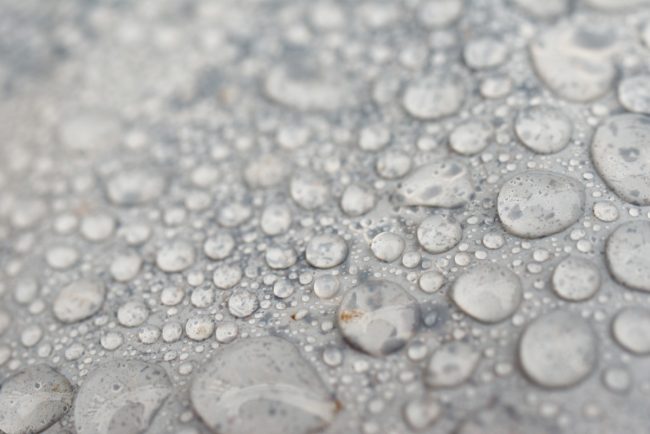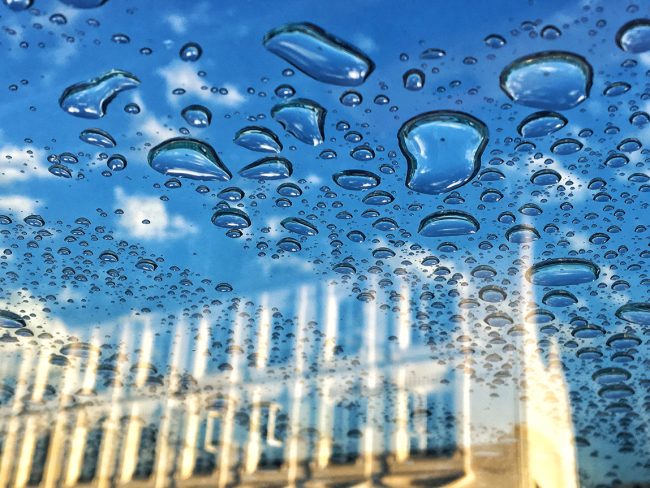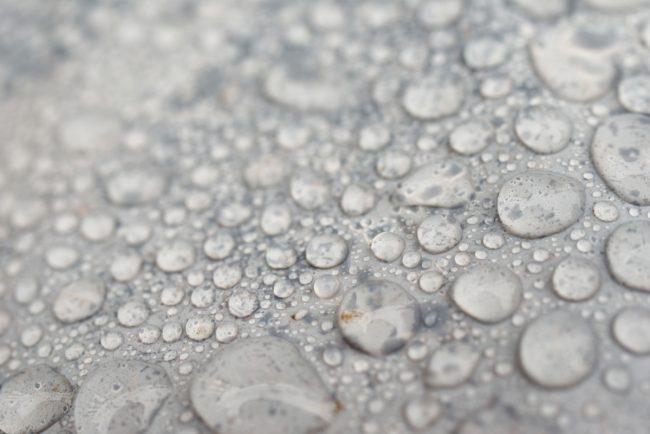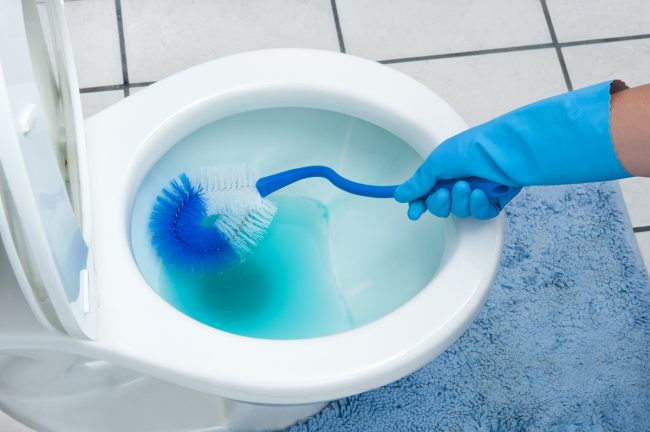How To Get Rid Of Hard Water Stains On Plastic
Hard water stains can develop on many surfaces, including plastic. Hard water will leave a plastic surface looking dark and cloudy. Use this guide below to remove these stains from plastic. How To Remove Hard Water Stains On Plastic Hard water spots are the result of water with high iron content. Limescale buildup is visible…








